Motor skills development Alphabet Worksheets for Ages 6-8
6 filtered results
-
From - To
Enhance your child's motor skills with our engaging Alphabet Worksheets, designed specifically for ages 6-8! These worksheets offer a fun and interactive way for kids to practice essential motor skills while learning their ABCs. Each worksheet encourages hand-eye coordination through tracing, drawing, and writing activities that strengthen fine motor abilities. As children navigate through letters and fun visuals, they develop concentration and precision. Our worksheets promote essential learning as they connect literacy and physical skill development seamlessly. Perfect for home or classroom use, these motor skills worksheets will nurture your child's growth in both literacy and dexterity. Download and spark creativity today!


Letter H Tracing Page
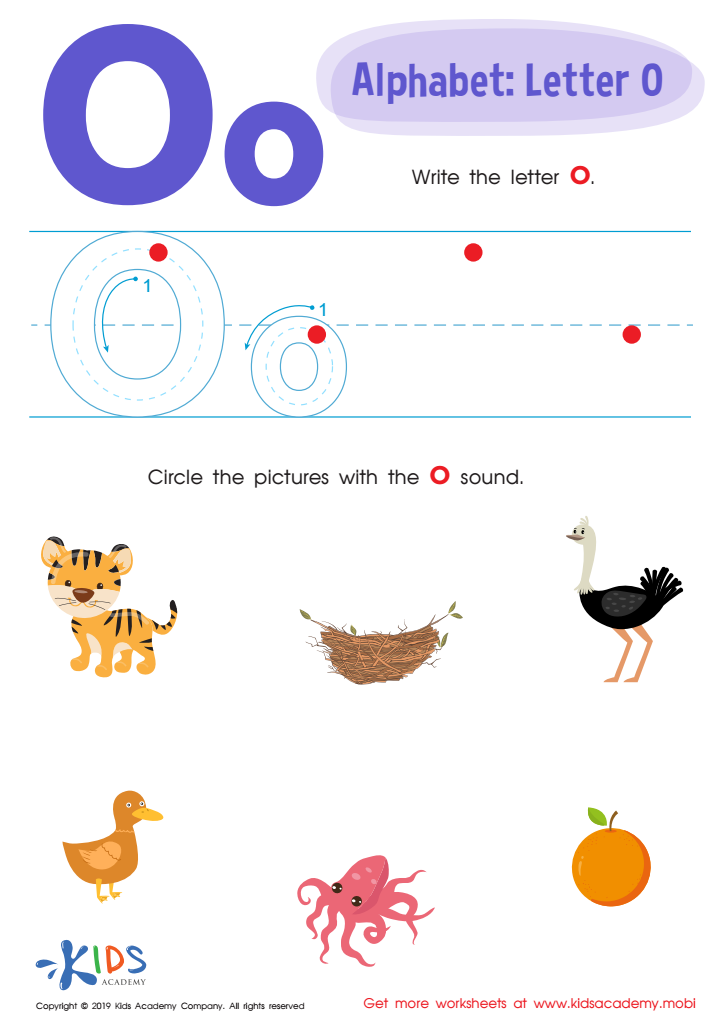

Letter O Tracing Worksheet
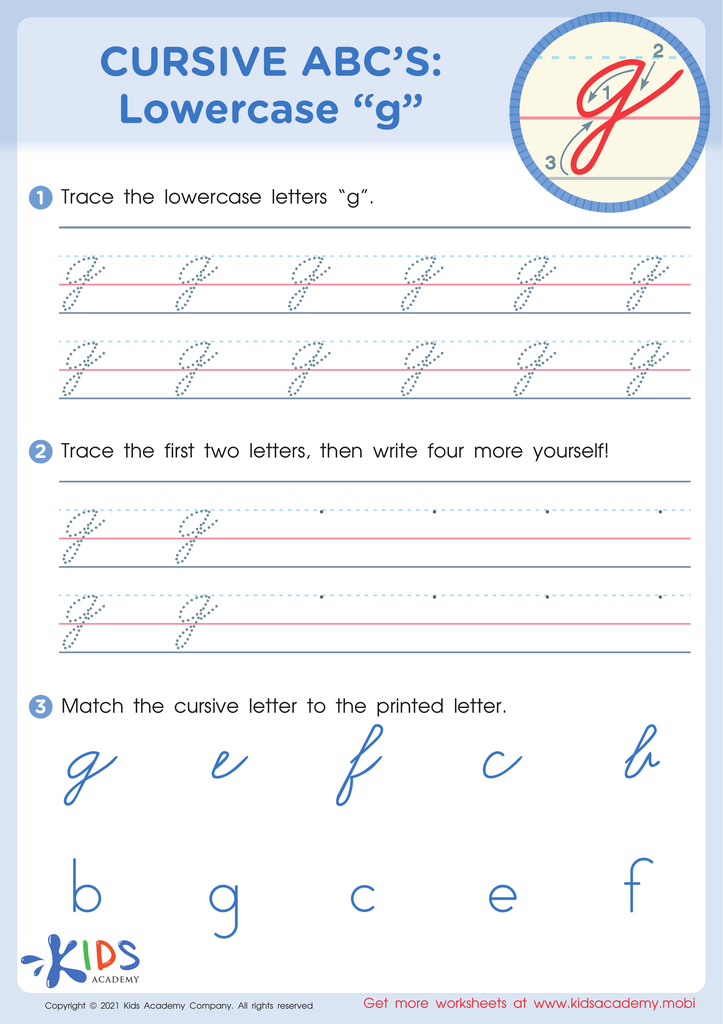

Cursive ABCs: Lowercase g
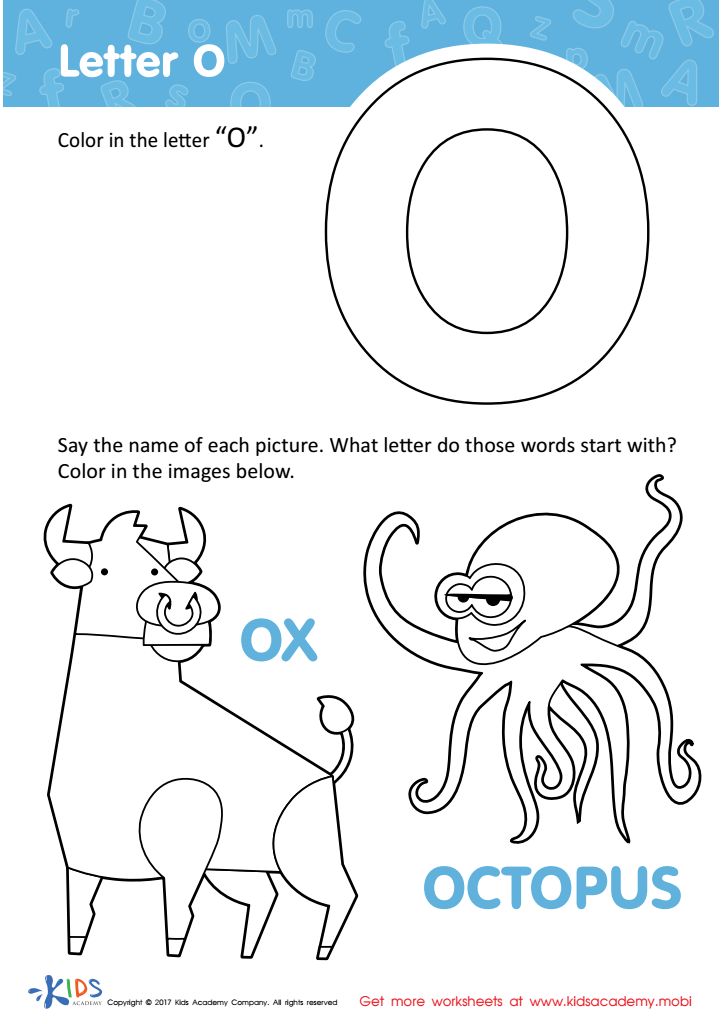

Letter O Coloring Sheet
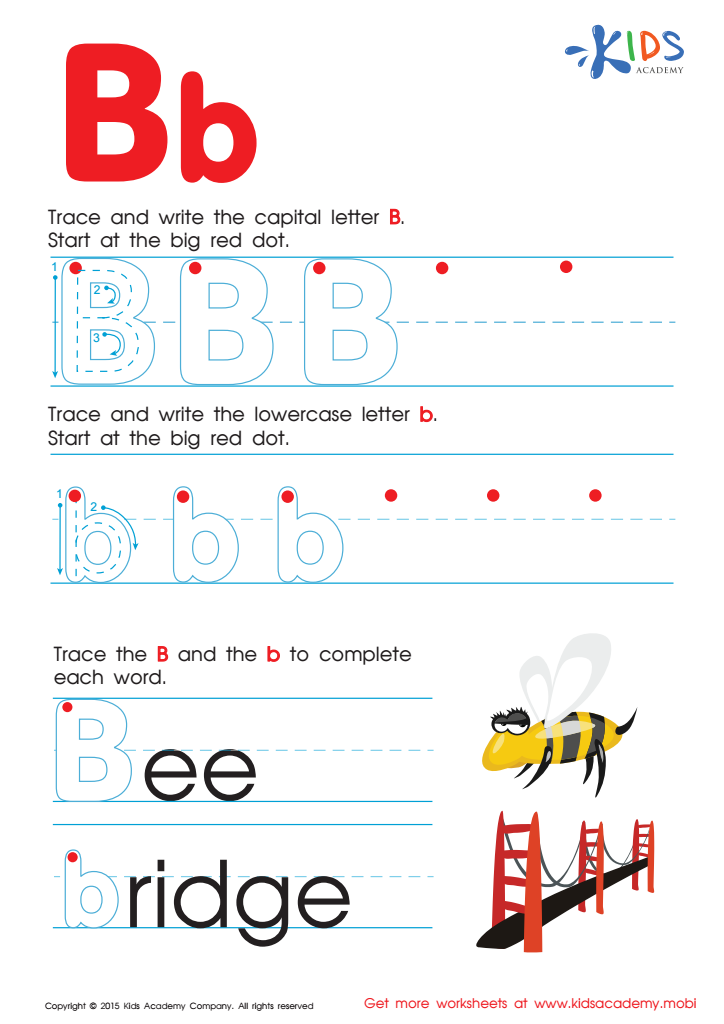

Letter B Tracing Page
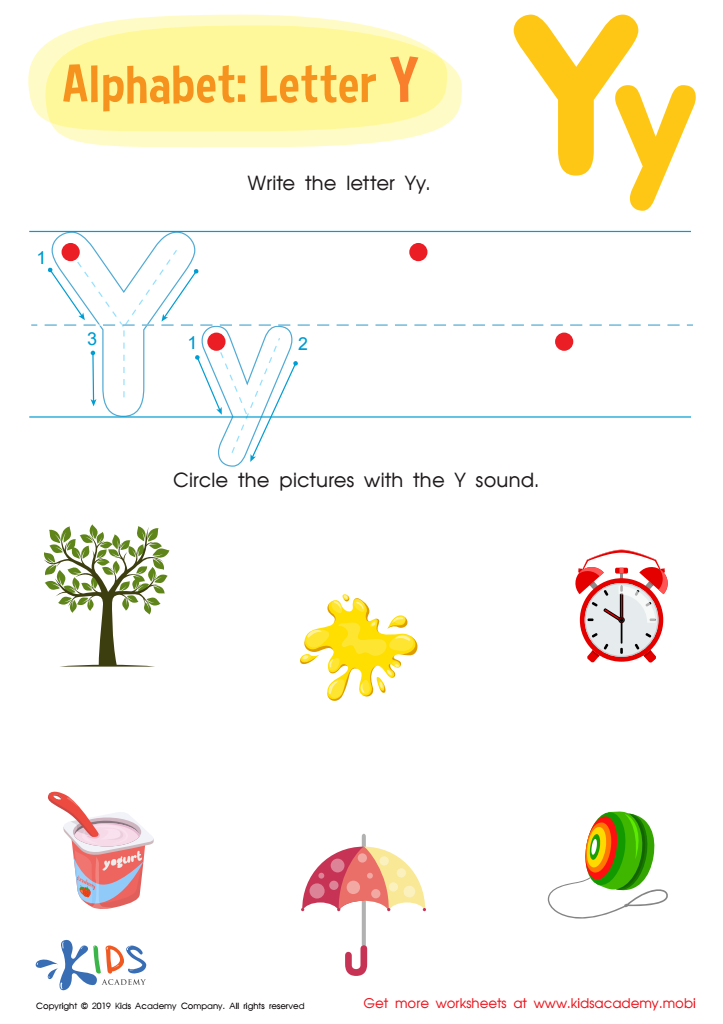

Letter Y Tracing Worksheet
Motor skills development is crucial for children aged 6-8 as it significantly influences their overall growth, learning, and everyday performance. During these formative years, children refine their fine and gross motor skills, laying a foundation for later physical, academic, and social success.
Fine motor skills, which involve small muscle movements, are essential for tasks like writing, drawing, and manipulating small objects. Good fine motor skills contribute to a child's ability to express their thoughts through writing and art. Meanwhile, gross motor skills involve larger movements and coordination, such as running, jumping, and playing sports, facilitating active play and promoting a healthy lifestyle.
Parents and teachers play a key role in this developmental stage. By providing opportunities for physical activities, engaging in creative play, and incorporating motor skill-focused tasks, they can support children's learning processes and confidence. Becoming proficient in motor skills can also boost children's self-esteem, reducing frustration in classroom activities and peer interactions.
Ultimately, fostering motor skills development ensures children are not only ready for academic challenges but also equipped with vital life skills that enhance their ability to navigate social settings and maintain a healthy, active lifestyle as they grow.
 Assign to My Students
Assign to My Students
















